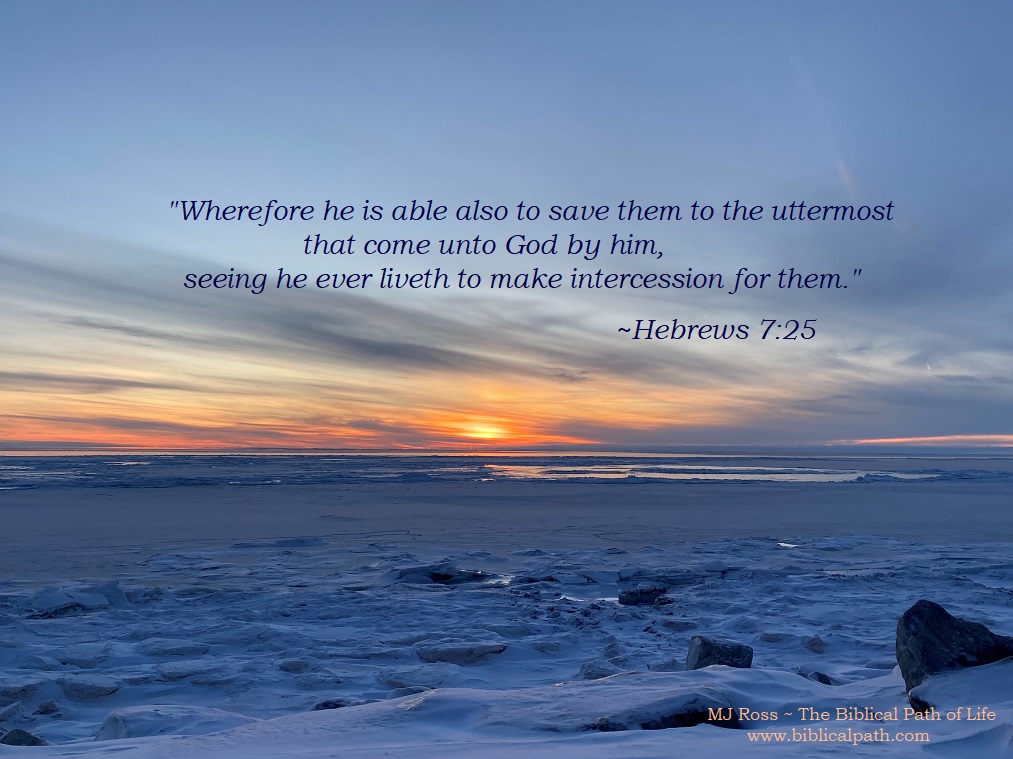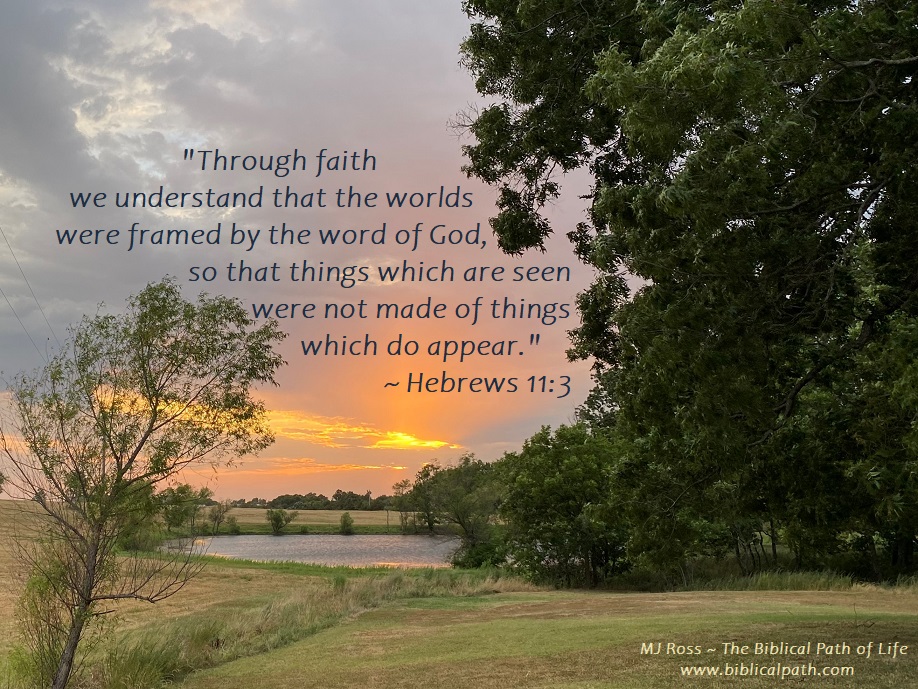
“And beside all this, between us and you there is a great gulf fixed: so that they which would pass from hence to you cannot; neither can they pass to us, that would come from thence.”
Luke 16:26
Many people search for a “portal” to either enter another dimension or at the very least to peer into one. Innumerable movies have incorporated this into the story-line. These thoughts of a “portal” into another dimension are classified as science-fiction. People dream of finding a way through one of those “portals”. Scientists perform experiments trying to open a “portal” into another dimension. Man wants to “see what is on the other side.” Humans are limited in the ability to cross that threshold and return. However, there is another “world” that each person should seriously consider. Another “world” that Jesus addressed many times.
Read of a certain rich man and a beggar named Lazarus in Luke 16:19-31.
We are introduced to two men. “19. There was a certain rich man, which was clothed in purple and fine linen, and fared sumptuously every day: 20. And there was a certain beggar named Lazarus, which was laid at his gate, full of sores” (Luke 16:19-20). Notice that the rich man is not named. However the beggar was named Lazarus.
We learn what happens immediately after death. “22. And it came to pass, that the beggar died, and was carried by the angels into Abraham’s bosom: the rich man also died, and was buried; 23. And in hell he lift up his eyes, being in torments, and seeth Abraham afar off, and Lazarus in his bosom. 24. And he cried and said, Father Abraham, have mercy on me, and send Lazarus, that he may dip the tip of his finger in water, and cool my tongue; for I am tormented in this flame” (Luke 16:22-24). One was carried by angels to Abraham. The other was buried, yet he was in hell. The rich man who was in torment, could see Lazarus afar off who was not in torment. The rich man wanted mercy and relief from the torment in the flame. “25. But Abraham said, Son, remember that thou in thy lifetime receivedst thy good things, and likewise Lazarus evil things: but now he is comforted, and thou art tormented. 26. And beside all this, between us and you there is a great gulf fixed: so that they which would pass from hence to you cannot; neither can they pass to us, that would come from thence” (Luke 16:25-26). We find no opportunity for relief from the torment for the rich man. Notice also that there is a great gulf fixed between the two places, and no one can cross it.
Once the rich man realized he would not be freed from his torment in the flame, and Lazarus could not come even for a moment to bring him any relief, the rich man wanted to warn his family back on earth. “27. Then he said, I pray thee therefore, father, that thou wouldest send him to my father’s house: 28. For I have five brethren; that he may testify unto them, lest they also come into this place of torment” (Luke 16:27-28). He did not want anyone else to be sent to the place of torment in flame where he was now bound. He wanted Lazarus to be enabled to return to his life on earth to go warn the rich man’s five brothers. The rich man did not want his brothers to end up in that place of torment. “29. Abraham saith unto him, They have Moses and the prophets; let them hear them. 30. And he said, Nay, father Abraham: but if one went unto them from the dead, they will repent. 31. And he said unto him, If they hear not Moses and the prophets, neither will they be persuaded, though one rose from the dead” (Luke 16:29-31).
This event speaks of very specific men: a certain rich man, Lazarus, and Abraham. One can understand it as a warning. There is another world to consider: an eternal one. The “portal” from one world to the other is death – either eternal death (in hell) or eternal life (in heaven).
It is most interesting that after the rich man was in hell, in torment, he wanted to send someone back to warn his brothers about that awful place. Abraham reminded him of Moses and the prophets (referring to the Old Testament, which foretold Jesus would come). The rich man argued that if one went from the dead, his brothers would repent. Abraham reiterated; if they wouldn’t believe God’s Word, they wouldn’t believe one who rose from the dead. It was not long after Jesus told of this event that He suffered and died upon the cross – to pay that penalty of eternal death for any one who would believe upon Him. “For the wages of sin is death; but the gift of God is eternal life through Jesus Christ our Lord” (Romans 6:23). Jesus was that One who would come back from the dead that the rich man was to be looking for. Only faith in Jesus for remission of sins will keep one out of that place the rich man spoke of where he was “tormented in this flame”, yet there are many today, who do not believe. It will be those of unbelief who will spend eternity in that place of torment called hell.
There has been much debate throughout the centuries as to whether heaven and hell are real places. Jesus declared they were real. When one reads the Bible, the uncertainty should end.
Do you now understand that hell is a real place?
Are you one who has received the gift of eternal life through Jesus Christ our Lord?
Read how to find eternal life through Jesus.







